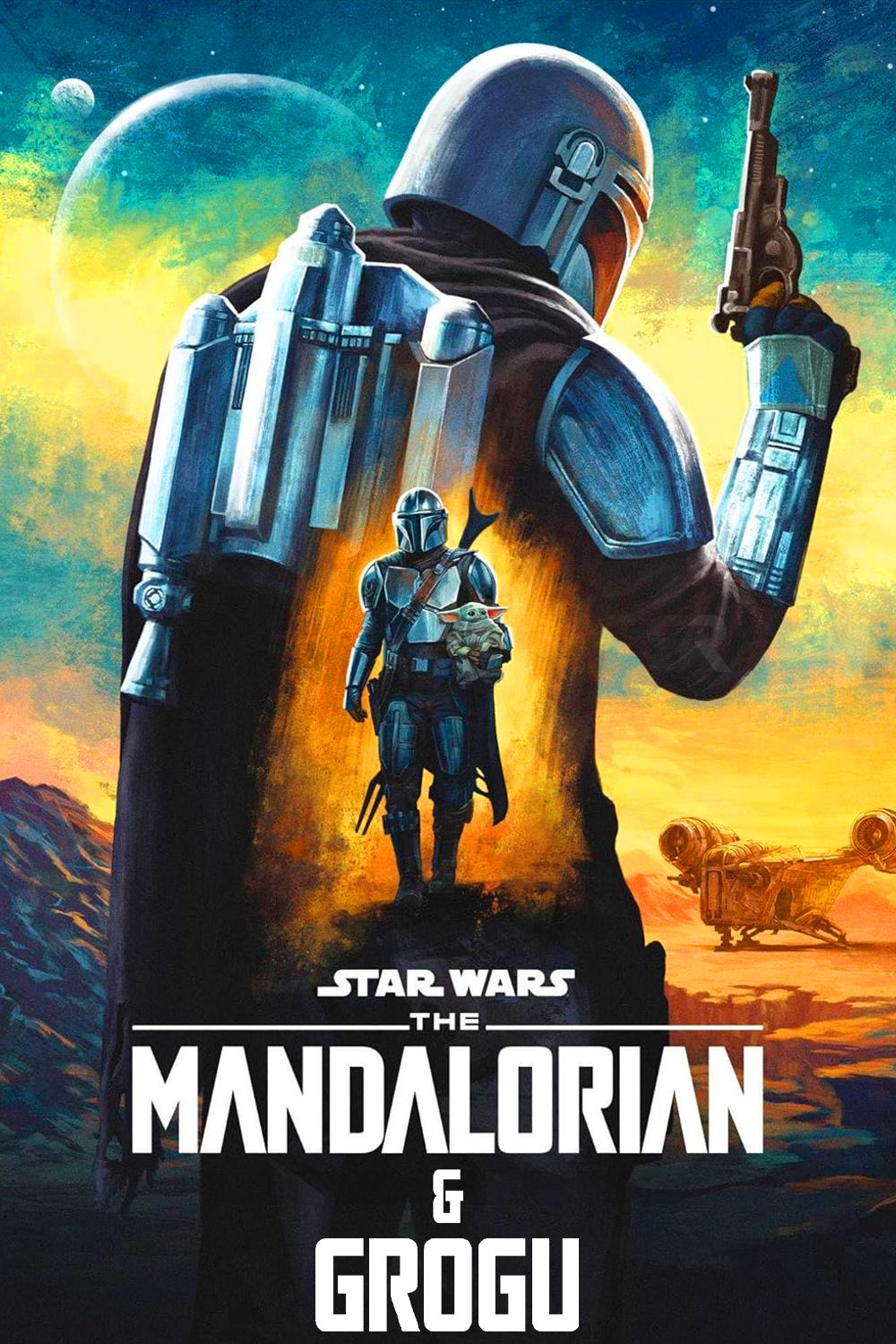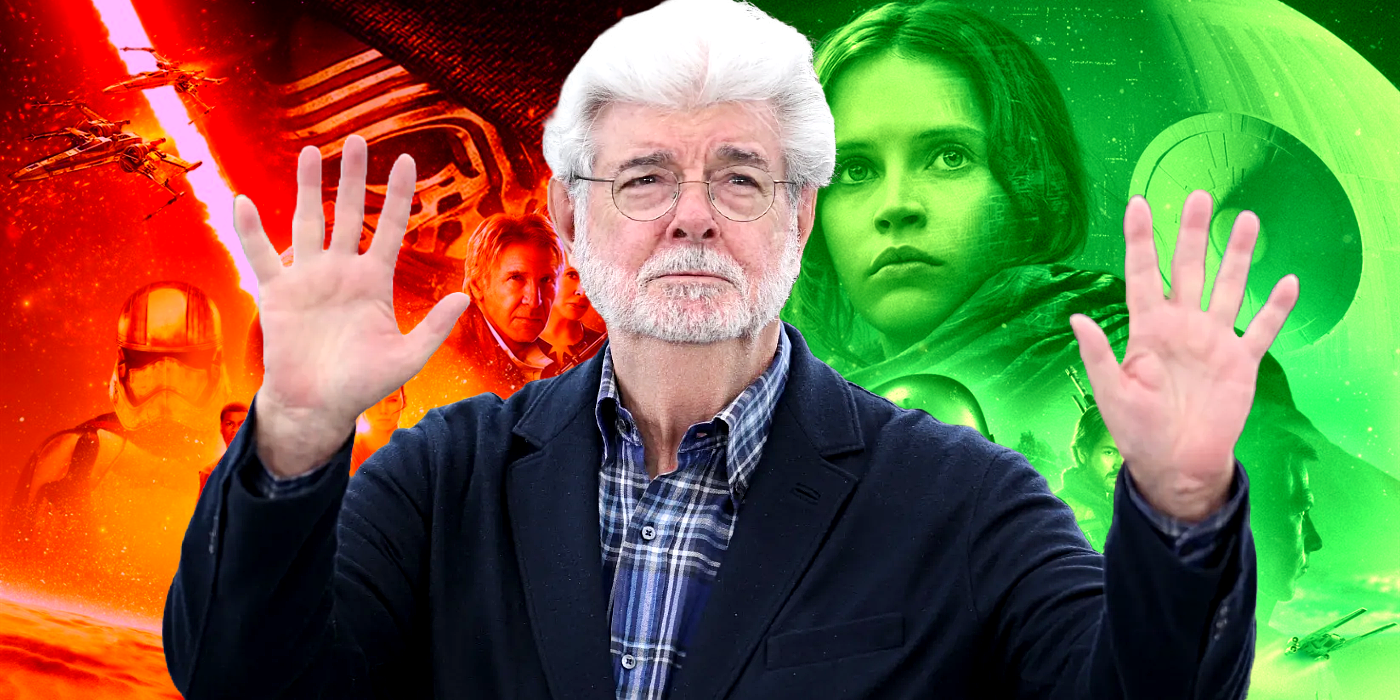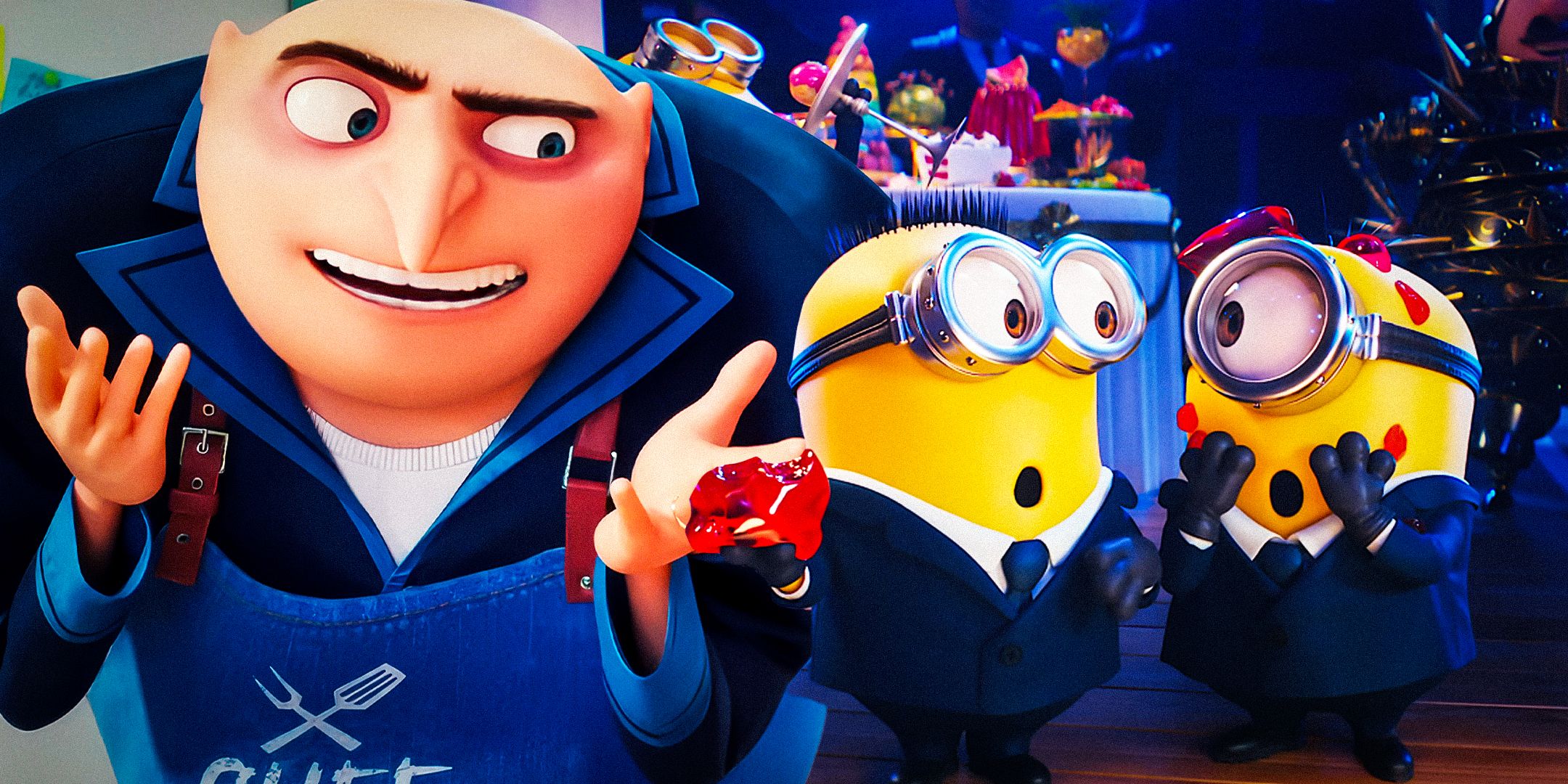The Killer has been a passion project of David Fincher’s for almost two decades, so why did it take so long for the director to get it made? Based on the French graphic novel of the same name written by Alexis Nolent with art by Luc Jacamon, The Killer stars Michael Fassbender as an unnamed assassin who faces the messy fallout after making a grievous mistake during one of his hits. The screenplay adaptation was written by Andrew Kevin Walker, who previously wrote the script for Fincher’s Se7en, and the intense musical score was composed by regular Fincher collaborators Trent Reznor and Atticus Ross.
Fincher has been interested in turning the comic book into a movie for almost two decades. He initially wanted to make The Killer six movies ago. But making movies is expensive and risky, so it’s never easy to get a film funded and greenlit for production – even for an A-list director like Fincher. Still, an action-packed thriller about the high-stakes life of a professional killer starring a renowned actor like Fassbender and helmed by a renowned filmmaker like Fincher sounds like a slam dunk. So, why did it take so long for Fincher to get The Killer made?
The Killer Was Originally Supposed To Happen With Brad Pitt
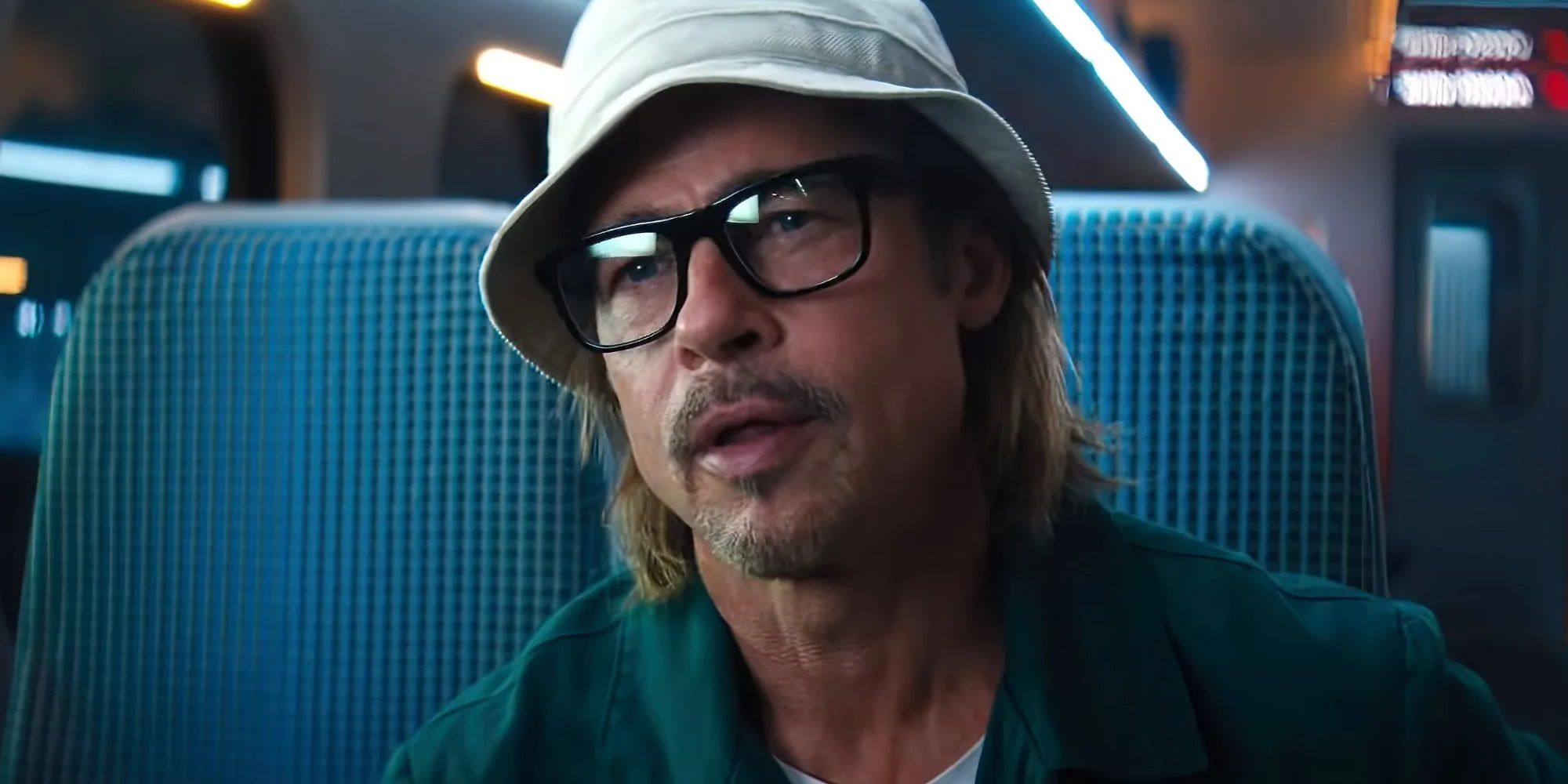
The source material for The Killer first came to Fincher’s attention in 2007 (via Rolling Stone) when a friend gave him a copy of an English-language translation of Nolent and Jacamon’s comics, and he was instantly interested in helming a film adaptation. The rights were snapped up by Paramount Pictures and Brad Pitt’s production company, Plan B, with the intention of Fincher directing the project. At this time, Fincher wanted Pitt himself to play the lead role, but Pitt turned down the part because he found the titular antihero in The Killer to be too nihilistic for him to really connect with the character.
Alessandro Camon, the Oscar-nominated screenwriter of The Messenger, got to work on a very different script than the movie that ended up getting made. In this version, the eponymous hitman suddenly gets a conscience about his work as he’s being ruthlessly pursued by a hypercompetent detective. When Camon’s draft was completed, Fincher didn’t have time to read it, because he was busy with the post-production and promotion of The Curious Case of Benjamin Button. Fincher admits that he was preoccupied with other projects and never got around to properly reading Camon’s script for The Killer before the rights lapsed.
David Fincher Lost The Rights For A Few Years
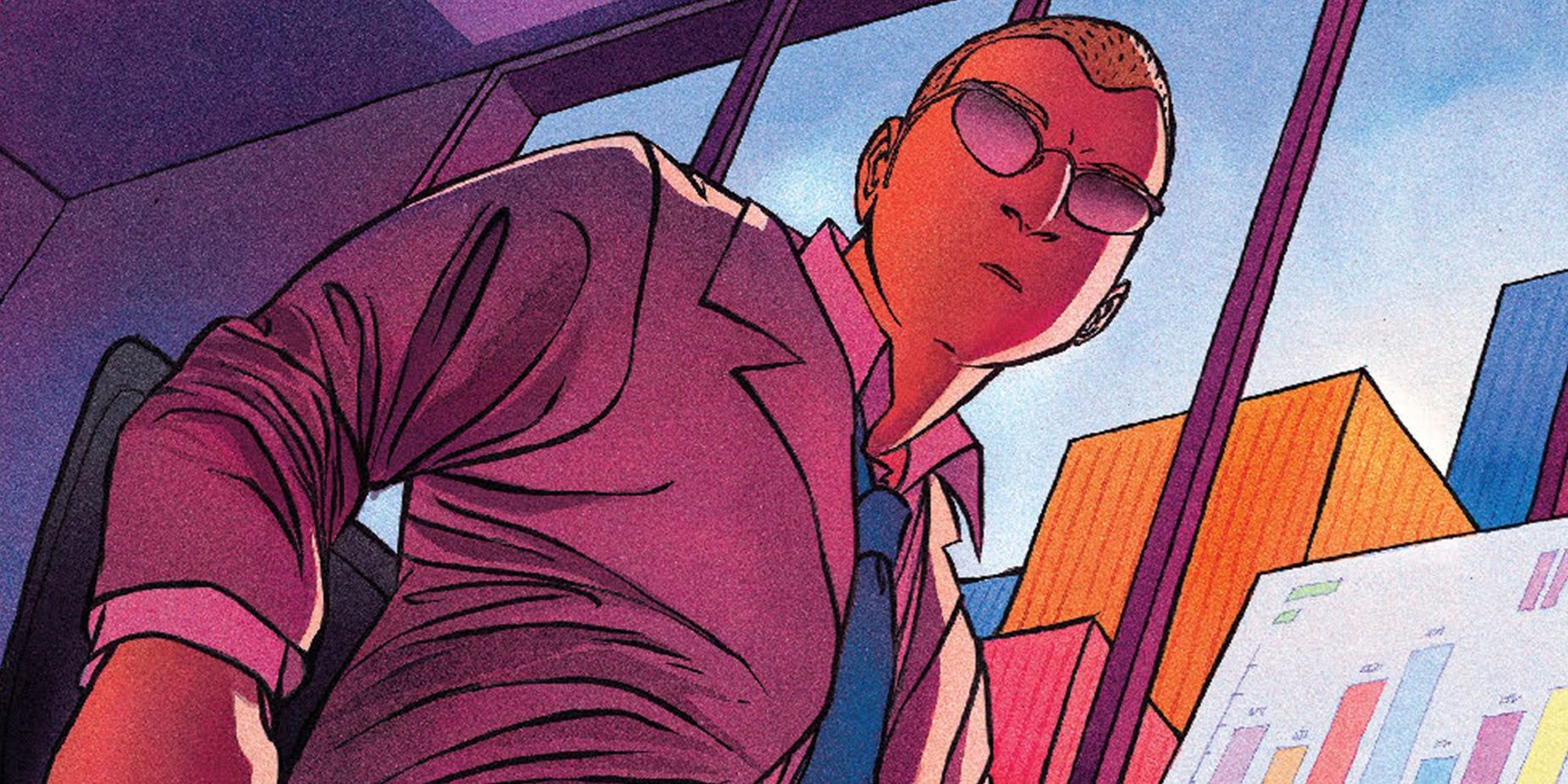
While Fincher was busy with The Curious Case of Benjamin Button, the film rights to The Killer reverted back to the author and the movie adaptation seemed to be dead for a few years. In 2015, Nolent reached out to Fincher to ask if he was still interested in helming a movie adaptation of The Killer comics. Fincher said he was still interested, but he would be even more interested if he could get Walker on board to write the script. When Plan B had the rights, Fincher had discussed the adaptation with Walker and laid out a five-act structure that he thought would make a great movie.
Before tapping Walker to write the script, Fincher asked Nolent himself to try writing a screenplay adaptation of his own comics. Fincher gave Nolent the prompt of writing the script in a five-act structure and Nolent’s script ended up being the first material that Fincher took to Netflix in 2019. Instead of rewriting Nolent’s script, Walker went back to the original comics and started his own script from scratch. When Walker’s script was finalized, Fincher could finally begin shooting his adaptation of The Killer after waiting for more than a decade to make it happen.
Why The Killer Was Made Better By Waiting
Ultimately, The Killer ended up being a better movie because Fincher waited to get the script right and give himself enough time to shoot and edit it the way he wanted. The longer a filmmaker (or an artist of any kind) can let a project marinate in their mind, the better the project will be. Camon’s script sounds less faithful to the source material and more reliant on the well-worn clichés of hitman stories. If Fincher had made The Killer then, he wouldn’t have as many ideas about how to translate the comics to the screen and it might’ve ended up being another generic hitman thriller.
